February 3 stands as one of history’s most eventful days, witnessing the rise and fall of empires, groundbreaking discoveries, and moments that shaped our modern world across centuries of human achievement.
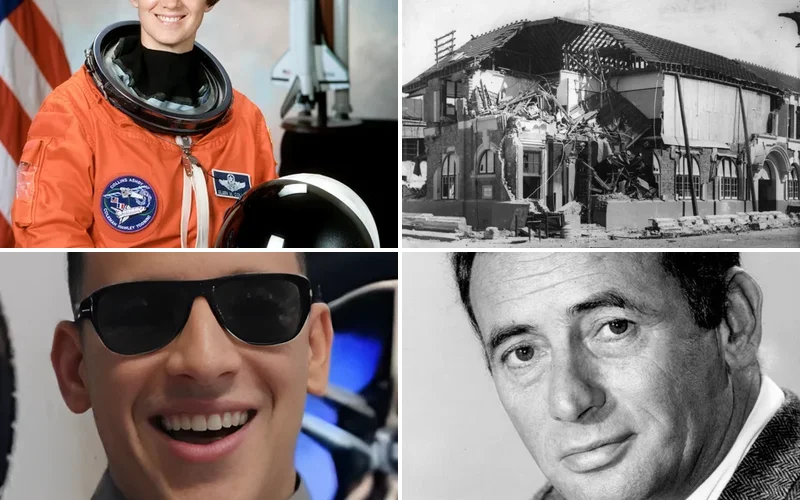
Politics and Government Events on February 3
1913 – Sixteenth Amendment Ratified
The United States Constitution gained its sixteenth amendment, fundamentally transforming federal financial power. This constitutional change authorized the federal government to impose and collect income taxes directly from citizens.
The amendment ended decades of legal uncertainty about federal taxation authority. It provided the government with unprecedented revenue-generating capabilities that would prove crucial during both world wars and the Great Depression.
1917 – America Severs German Relations
The United States severed diplomatic relations with Germany, marking the beginning of American entry into World War I. Germany’s unrestricted submarine warfare campaign forced President Wilson’s hand despite his previous neutrality stance.
This diplomatic break represented a decisive shift in American foreign policy. The action set the stage for America’s declaration of war just two months later, fundamentally altering the conflict’s outcome.
1933 – Hitler Announces Lebensraum Policy
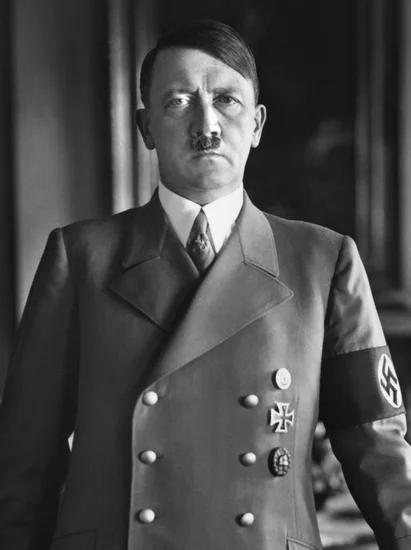
Adolf Hitler publicly declared the expansion of Lebensraum into Eastern Europe as Nazi Germany’s ultimate geopolitical objective. He explicitly outlined plans for ruthless Germanization of conquered territories, revealing the regime’s imperial ambitions.
This announcement provided a chilling preview of the devastation that would engulf Europe. Hitler’s words would prove prophetic as millions died in the pursuit of his twisted vision of German expansion.
1958 – Benelux Economic Union Founded
The Benelux Economic Union officially began operations, creating unprecedented economic integration between Belgium, the Netherlands, and Luxembourg. This groundbreaking arrangement eliminated trade barriers and established common economic policies among the three nations.
The union served as a crucial testing ground for broader European integration concepts. Its success provided the blueprint for the later European Economic Community and modern European Union.
1989 – Paraguay’s Stroessner Regime Falls
A military coup successfully overthrew Alfredo Stroessner, ending his 35-year dictatorship over Paraguay. The longest-serving dictator in South American history fell to forces led by General Andrés Rodríguez.
Stroessner’s removal marked the end of one of the continent’s most oppressive regimes. The coup opened the door for democratic reforms and eventual civilian rule in Paraguay.
Military and Naval History on February 3
1943 – SS Dorchester Tragedy
A German U-boat sank the SS Dorchester in the North Atlantic, killing 672 of the 902 men aboard. The attack became famous for the heroic actions of four military chaplains who gave their life jackets to other passengers.
The chaplains’ sacrifice earned them posthumous recognition as the “Four Chaplains” and inspired interfaith cooperation. Their selfless act became one of the most celebrated examples of heroism during World War II.
1944 – Kwajalein Atoll Captured
U.S. Army and Marine forces successfully seized Kwajalein Atoll from Japanese defenders during the Gilbert and Marshall Islands campaign. The operation demonstrated improved American amphibious assault tactics in the Pacific Theater.
The capture of Kwajalein provided a crucial stepping stone for future operations against Japan. The victory marked another successful advance in the island-hopping strategy that would ultimately lead to Japan’s defeat.
1945 – Battle of Manila Begins
The United States and Philippine Commonwealth forces launched their assault to retake Manila from Japanese occupation. The month-long urban warfare campaign would prove one of the Pacific War’s most destructive battles.
The battle’s ferocity surprised American commanders who expected lighter resistance. The fighting would ultimately leave much of Manila in ruins but restored the Philippine capital to Allied control.
1945 – Operation Thunderclap Bombing
One thousand B-17 Flying Fortresses of the Eighth Air Force conducted a massive daylight bombing raid on Berlin. The attack killed between 2,500 and 3,000 people while leaving another 120,000 homeless.
This raid represented the height of Allied strategic bombing effectiveness against Nazi Germany. The operation demonstrated complete American air superiority over German airspace in the war’s final months.
Science and Discovery Milestones on February 3
1966 – Luna 9 Moon Landing
The Soviet Union’s Luna 9 spacecraft achieved the first successful soft landing on the Moon’s surface. The robotic probe transmitted the first photographs ever taken from the lunar surface back to Earth.
These historic images provided humanity’s first ground-level view of the Moon’s landscape. The achievement marked a significant milestone in the Space Race and lunar exploration efforts.
1984 – First Embryo Transfer Success
Dr. John Buster and his research team at Harbor-UCLA Medical Center announced history’s first successful embryo transfer between two women. The groundbreaking procedure resulted in the birth of a healthy baby.
This medical breakthrough opened new possibilities for treating infertility and reproductive disorders. The technique laid the foundation for modern assisted reproductive technologies that have helped millions of couples.
1984 – Space Shuttle Challenger Launch
Space Shuttle Challenger lifted off on mission STS-41-B, marking another milestone in America’s reusable spacecraft program. The mission carried advanced satellites and conducted important scientific experiments in Earth orbit.
The successful launch demonstrated the shuttle program’s operational maturity and reliability. Challenger’s performance on this mission showcased the versatility of America’s space transportation system.
1995 – Collins Pilots Space Shuttle
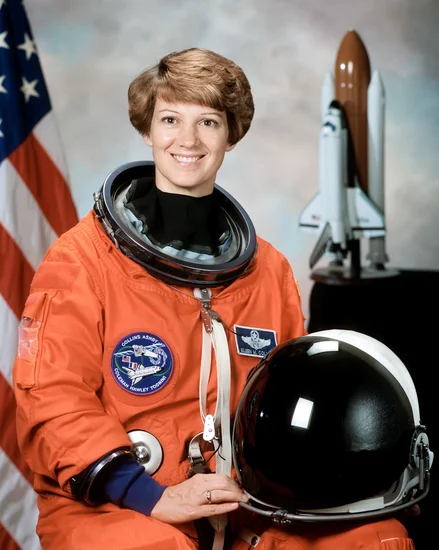
Astronaut Eileen Collins became the first woman to pilot the Space Shuttle when STS-63 launched from Kennedy Space Center. Her historic flight broke significant gender barriers in space exploration.
Collins’ achievement inspired countless women to pursue careers in aerospace and engineering. Her piloting skills and leadership opened doors for future female astronauts and space program participants.
Cultural and Arts Events on February 3
1959 – The Day the Music Died
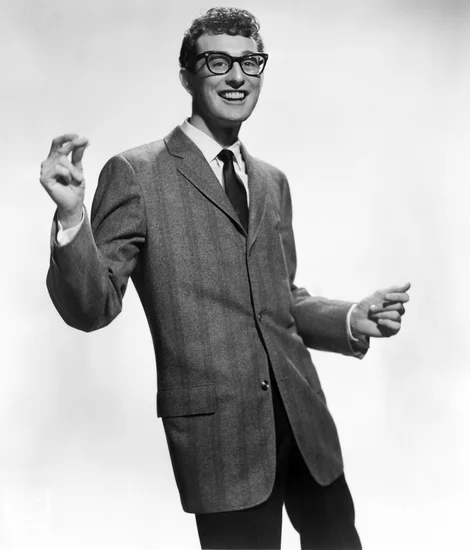
Rock and roll musicians Buddy Holly, Ritchie Valens, and J.P. “The Big Bopper” Richardson perished in a plane crash near Clear Lake, Iowa. Don McLean later immortalized this tragedy in his song “American Pie.”
The crash devastated the early rock and roll community and ended three promising careers. The tragedy marked a pivotal moment in popular music history and influenced countless musicians who followed.
1984 – Space Shuttle Carries Russian Cosmonaut
Mission STS-60 launched carrying Sergei Krikalev, the first Russian cosmonaut to fly aboard an American Space Shuttle. This historic cooperation marked a new era in space exploration partnerships.
The joint mission symbolized improving U.S.-Russian relations following the Cold War’s end. Krikalev’s presence aboard the shuttle demonstrated how space exploration could unite former adversaries.
1918 – Twin Peaks Tunnel Opens

San Francisco’s Twin Peaks Tunnel began service as the world’s longest streetcar tunnel at 11,920 feet. The engineering marvel connected previously isolated neighborhoods to the city’s downtown core.
The tunnel’s construction required innovative drilling techniques through solid rock formations. Its completion transformed San Francisco’s urban development patterns and public transportation capabilities.
Religious and Social Events on February 3
1959 – Macmillan’s Wind of Change
British Prime Minister Harold Macmillan delivered his famous “wind of change” speech, signaling his government’s support for decolonization. The address acknowledged the unstoppable force of African independence movements.
Macmillan’s words marked a fundamental shift in British colonial policy after centuries of imperial rule. His recognition of changing times helped facilitate relatively peaceful transitions to independence across Africa.
1971 – Frank Serpico Shot
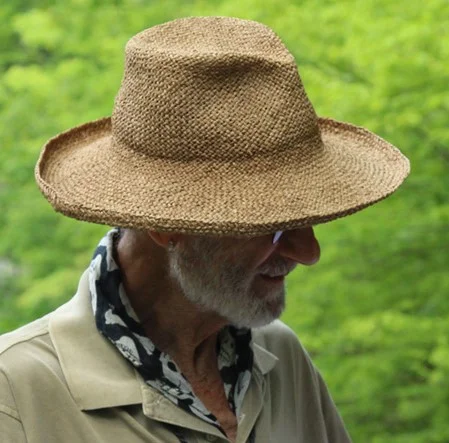
New York Police Officer Frank Serpico was shot during a drug bust in Brooklyn, surviving to later testify against widespread police corruption. His courage in exposing departmental wrongdoing sparked major reforms.
Serpico’s testimony before the Knapp Commission revealed systematic corruption throughout the NYPD. His whistleblowing efforts led to significant changes in police accountability and oversight procedures.
1953 – Batepá Massacre

Colonial authorities and Portuguese landowners unleashed violent attacks against native creoles known as forros in São Tomé. The massacre represented one of the most brutal episodes of colonial oppression in Portuguese Africa.
The systematic violence targeted educated Africans who sought greater autonomy and rights. The massacre’s brutality highlighted the lengths colonial powers would go to maintain control over their territories.
Business and Economic Events on February 3
1930 – Communist Party of Vietnam Founded
The Communist Party of Vietnam was established during a “Unification Conference” held in Kowloon, British Hong Kong. The founding brought together various revolutionary groups under a single organizational structure.
The party’s creation marked a turning point in Vietnamese resistance to colonial rule. This unified leadership would eventually guide Vietnam through decades of struggle for independence and reunification.
1989 – Botha Resigns as Party Leader
South African President P.W. Botha resigned as leader of the National Party following a stroke, while remaining as state president. His departure created a power vacuum during a critical period of political transition.
Botha’s resignation accelerated the dismantling of apartheid and paved the way for F.W. de Klerk’s reforms. The leadership change proved crucial in South Africa’s peaceful transition to democracy.
1972 – Iran Blizzard Begins
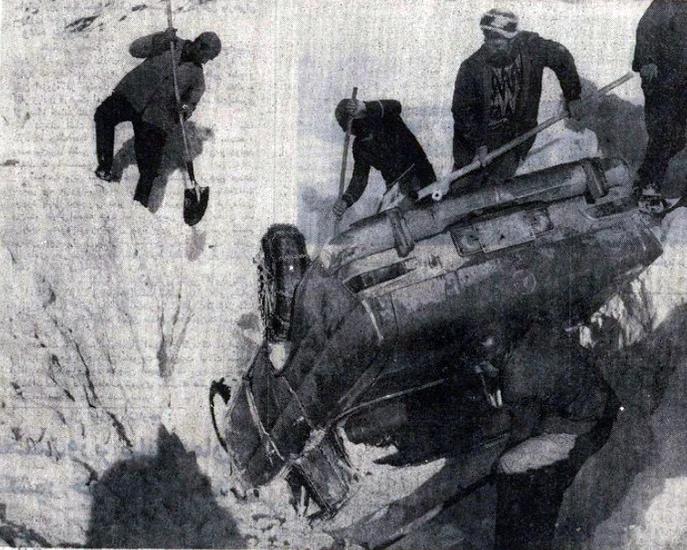
The first day of the devastating seven-day Iran blizzard began, which would ultimately claim at least 4,000 lives. The storm became the deadliest snowstorm in recorded history.
The blizzard’s unprecedented intensity overwhelmed the country’s infrastructure and emergency response capabilities. Entire villages were buried under massive snowdrifts, creating a humanitarian catastrophe.
Transportation and Infrastructure on February 3
1931 – Hawke’s Bay Earthquake
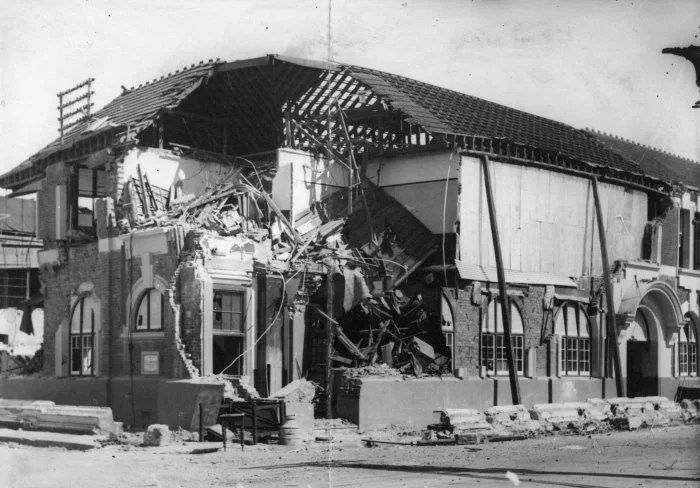
New Zealand’s worst natural disaster struck when the Hawke’s Bay earthquake killed 258 people and devastated the region. The 7.8 magnitude quake destroyed entire towns and reshaped the landscape.
The earthquake’s force raised the seabed by several feet, creating new land areas along the coast. The disaster led to significant improvements in New Zealand’s building codes and earthquake preparedness.
1916 – Parliament Buildings Fire
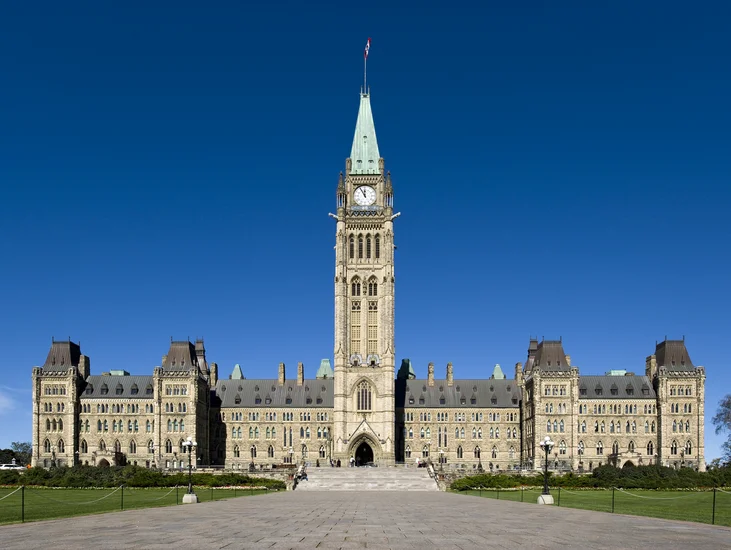
The Centre Block of Canada’s Parliament buildings in Ottawa burned down, killing seven people in the devastating blaze. The fire destroyed the historic structure during a nighttime sitting of Parliament.
The blaze consumed irreplaceable historical documents and artifacts while forcing the evacuation of government officials. The tragedy led to the construction of the current Parliament building with improved fire safety measures.
1927 – Portuguese Revolt
A revolt against Portugal’s military dictatorship erupted in Porto, challenging the authoritarian regime’s control. The uprising reflected growing opposition to the government’s repressive policies.
The revolt’s failure strengthened the dictatorship’s resolve to suppress dissent through increased violence. The event demonstrated the regime’s willingness to use force against its own citizens.
Sports and Recreation on February 3
1959 – American Airlines Flight 320 Crash
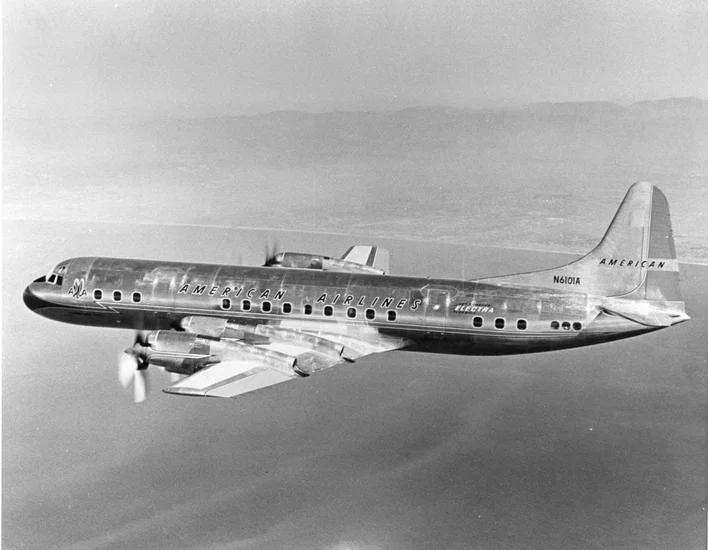
American Airlines Flight 320 crashed into the East River while approaching LaGuardia Airport, killing 65 people. The tragedy highlighted the dangers of aviation during the early jet age.
The crash investigation revealed critical safety deficiencies in aircraft design and airport approach procedures. The disaster prompted significant improvements in aviation safety standards and emergency response protocols.
1998 – Cavalese Cable Car Disaster

A United States military pilot flying at dangerously low altitude severed a cable car’s support line near Trento, Italy. The accident killed 20 people and severely damaged U.S.-Italian relations.
The pilot’s reckless flying violated established safety protocols and international agreements. The tragedy sparked widespread protests and legal proceedings that lasted for years.
2005 – Kam Air Flight 904 Crash

Kam Air Flight 904 crashed in Afghanistan’s Pamir Mountains, killing all 105 people aboard. The disaster highlighted the dangerous conditions facing civilian aviation in the war-torn country.
The crash occurred during a winter storm with poor visibility and challenging mountain terrain. The tragedy underscored the risks faced by airlines operating in Afghanistan’s difficult environment.
Notable Births on February 3
1907 – James A. Michener Born
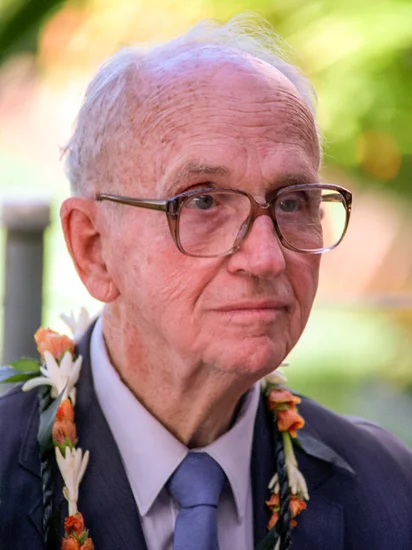
American author James A. Michener entered the world in Doylestown, Pennsylvania, beginning a life that would span nearly a century. His childhood experiences in Pennsylvania’s rural communities shaped his understanding of American society.
Michener would later write epic novels spanning continents and centuries, including “Tales of the South Pacific” and “Hawaii.” His storytelling mastery earned him the Pulitzer Prize and made him one of America’s most beloved authors.
1909 – Simone Weil Born
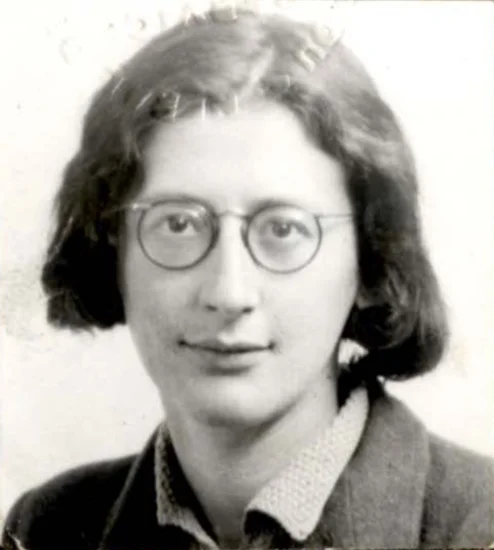
French philosopher and mystic Simone Weil was born in Paris to a prominent Jewish family. Her brilliant mind and passionate commitment to social justice would define her brief but influential life.
Weil’s philosophical works explored themes of suffering, spirituality, and human dignity with unprecedented depth. Her writings on factory work, war, and religious experience continue to influence thinkers worldwide.
1918 – Joey Bishop Born

American entertainer Joey Bishop was born in Philadelphia, launching a career that would span television, film, and nightclub performance. His quick wit and comedic timing made him a natural performer from an early age.
Bishop became a core member of Frank Sinatra’s famous “Rat Pack” and hosted his own television variety show. His contributions to American entertainment helped define the golden age of Las Vegas and television comedy.
1920 – Henry Heimlich Born
American physician Henry Heimlich was born in Wilmington, Delaware, beginning a medical career that would save countless lives. His innovative approach to emergency medicine revolutionized choking response protocols.
Heimlich developed the famous “Heimlich Maneuver” that bears his name, teaching millions how to save choking victims. His simple but effective technique became standard emergency procedure worldwide.
1940 – Fran Tarkenton Born
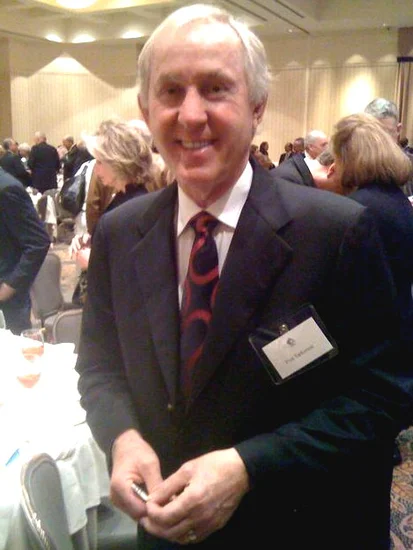
American football quarterback Fran Tarkenton was born in Richmond, Virginia, destined to become one of the NFL’s most innovative players. His athletic ability and competitive spirit emerged early in his childhood.
Tarkenton revolutionized the quarterback position with his scrambling style and improvisational skills. His Hall of Fame career included multiple NFL records and helped transform professional football strategy.
1950 – Morgan Fairchild Born

American actress Morgan Fairchild was born in Dallas, Texas, beginning a career that would make her a television icon. Her striking beauty and acting talent opened doors in the entertainment industry.
Fairchild became synonymous with 1980s primetime television drama, starring in popular series like “Dallas” and “Falcon Crest.” Her performances helped define the glamorous soap opera genre.
1956 – Nathan Lane Born

American actor Nathan Lane was born in Jersey City, New Jersey, beginning a theatrical career that would span Broadway and Hollywood. His natural comedic ability and powerful voice made him a standout performer.
Lane became one of Broadway’s most celebrated stars, winning Tony Awards for his performances in “The Producers” and “Angels in America.” His versatility in both comedy and drama established him as a theatrical legend.
1977 – Daddy Yankee Born

Puerto Rican musician Daddy Yankee was born in San Juan, destined to become the “King of Reggaeton.” His innovative blend of Latin rhythms and hip-hop beats would revolutionize popular music.
Daddy Yankee’s hit “Gasolina” introduced reggaeton to mainstream audiences worldwide, paving the way for Latin music’s global dominance. His entrepreneurial success extended beyond music into fashion and business ventures.
Notable Deaths on February 3
1924 – Woodrow Wilson Dies

The 28th President of the United States, Woodrow Wilson, passed away in Washington, D.C., ending a remarkable career in academia and politics. His leadership during World War I and advocacy for international cooperation defined his presidency.
Wilson’s vision for a League of Nations and his “Fourteen Points” peace plan influenced international relations for decades. His Nobel Peace Prize recognized his efforts to create a more peaceful world order.
1959 – Rock Stars Die in Plane Crash
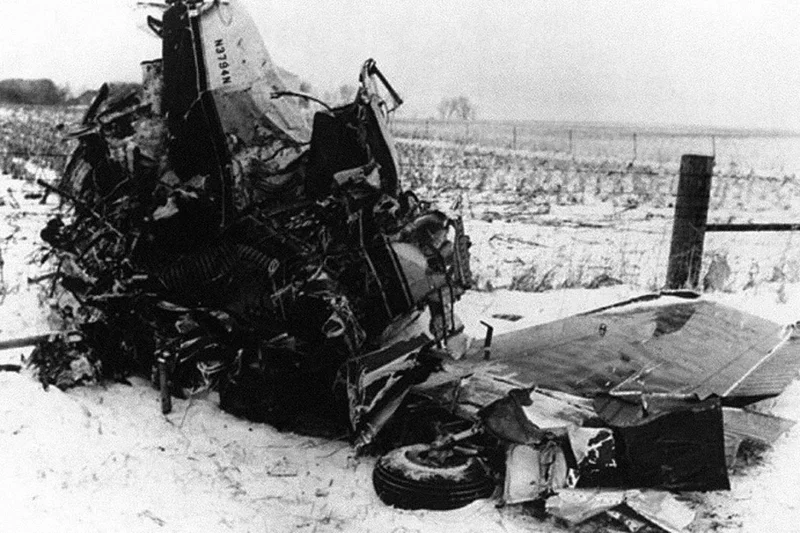
Buddy Holly, Ritchie Valens, and The Big Bopper perished in a plane crash near Clear Lake, Iowa, shocking the music world. Their deaths marked the end of three promising careers in rock and roll’s early era.
The tragedy occurred during a winter tour through the Midwest, forever remembered as “The Day the Music Died.” Their influence on popular music continued long after their deaths, inspiring countless musicians.
1961 – Anna May Wong Dies

Chinese-American actress Anna May Wong died in Santa Monica, California, ending a groundbreaking career in Hollywood. She overcame significant racial barriers to become one of the first Asian-American movie stars.
Wong’s performances in silent films and early talkies challenged stereotypes and opened doors for future Asian performers. Her legacy as a pioneering actress continues to inspire entertainers today.
1989 – John Cassavetes Dies
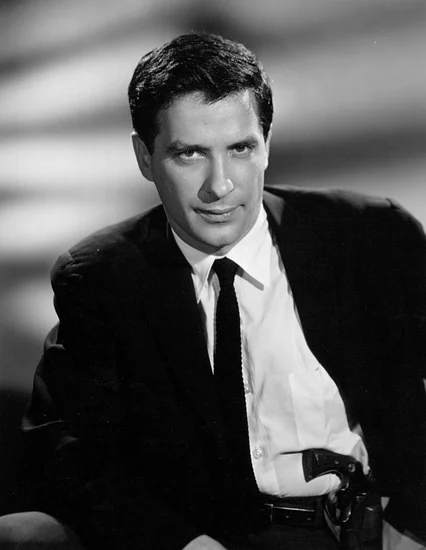
American actor and director John Cassavetes passed away in Los Angeles, ending a revolutionary career in independent filmmaking. His improvisational style and focus on character development influenced generations of directors.
Cassavetes’ films like “Faces” and “A Woman Under the Influence” demonstrated that powerful cinema could be made outside the studio system. His work helped establish the American independent film movement.
2005 – Ernst Mayr Dies
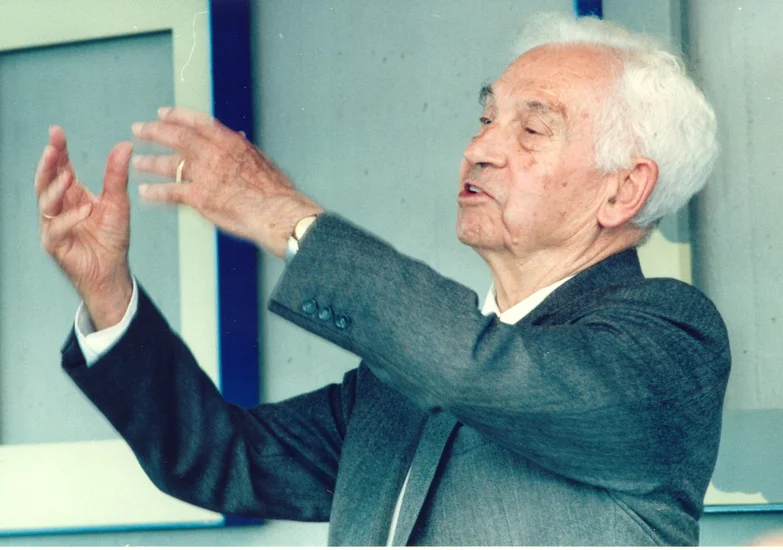
German-American biologist Ernst Mayr died at age 100, concluding one of the most influential careers in evolutionary biology. His research on speciation and geographic distribution revolutionized understanding of evolution.
Mayr’s work on the biological species concept and allopatric speciation became fundamental to modern evolutionary theory. His longevity allowed him to witness and contribute to biology’s transformation into a modern science.
2011 – Maria Schneider Dies

French actress Maria Schneider died in Paris, ending a controversial career that began with her shocking performance in “Last Tango in Paris.” Her beauty and talent made her an international star despite personal struggles.
Schneider’s later career included acclaimed performances in French cinema and work as an activist for actors’ rights. Her courage in speaking out about exploitation in the film industry helped protect future performers.
Holidays and Observances on February 3
Setsubun Festival

Japan celebrates Setsubun, the traditional festival marking the transition from winter to spring according to the lunar calendar. Families participate in bean-throwing ceremonies to drive away evil spirits and welcome good fortune.
The festival includes the ritual of eating ehomaki sushi rolls while facing the year’s lucky direction. Setsubun represents hope for renewal and prosperity in the coming year.
Four Chaplains Day
The United States observes Four Chaplains Day, honoring the military chaplains who died heroically aboard the SS Dorchester. The Episcopal Church also recognizes this as an official feast day.
The commemoration celebrates interfaith cooperation and selfless service to others in times of crisis. The chaplains’ sacrifice continues to inspire military and civilian chaplains worldwide.
Heroes’ Day in Mozambique
Mozambique commemorates Heroes’ Day, honoring those who fought for independence and national liberation. The observance particularly remembers Eduardo Mondlane, the independence leader who died on this date.
The day serves as a reminder of the sacrifices made during the struggle against colonial rule. Mozambicans use this occasion to reflect on their nation’s journey toward freedom and democracy.
